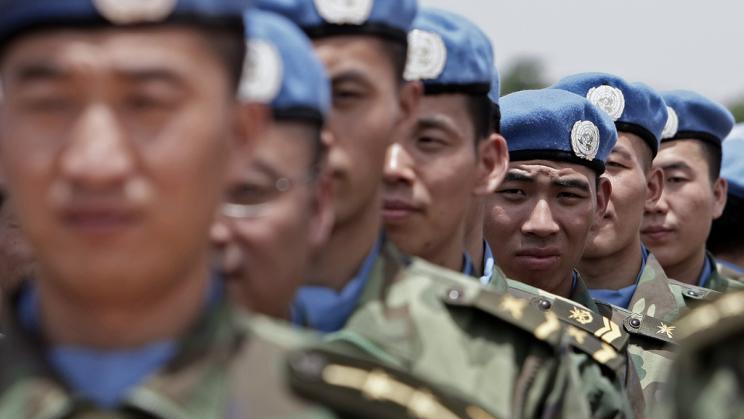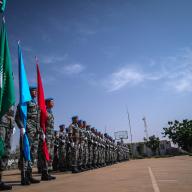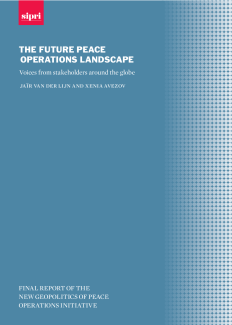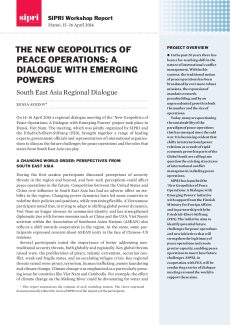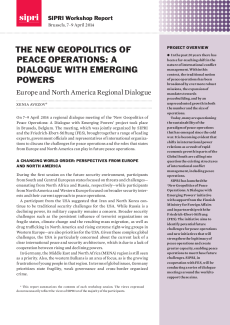New geopolitics of peace operations: emerging powers
The New Geopolitics of Peace Operations Initiative aims to foster international dialogue on how to best prepare peace operations for the future while creating a better understanding on the role that emerging actors and troop-contributing regions will play. The initiative will invovle a series of eight regional dialogue meetings with emerging powers and troop-contributing countries around the globe. The outcomes and messages from the dialogue meetings will result in a number of workshop reports and policy briefs published by SIRPI.
Over the past 20 years, there has been a far-reaching shift in the nature of international conflict management. The traditional notions of peace operations have been broadened by ever more robust missions, the expansion of mandates towards peacebuilding and by an unprecedented growth both in the number and the size of operations. At the same time, the power balance and security relations between established and emerging powers underpinning contemporary arrangements for conflict management appear to be changing. Power and political influence are shifting away from the West (Europe and North America) towards other global regions and to emerging powers such as Brazil, China, India, Indonesia, Russia, South Africa and Turkey.
The New Geopolitics of Peace Operations Initiative was launched with support from the Ministry for Foreign Affairs of Finland and was conducted in partnership with the Friedrich-Ebert-Stiftung (FES).
